Introduction
In the fast-paced world of professional achievements and personal accomplishments, the phenomenon of Imposter Syndrome continues to cast its shadow over the minds of individuals across all levels of expertise. From senior leaders to junior team members, the gnawing feeling of being an impostor in one’s own success is a common thread that weaves through the fabric of our professional lives. The persistence of Imposter Syndrome, with its accompanying self-doubt, fear of exposure, and feelings of inadequacy, has prompted the search for effective strategies to combat this often crippling psychological barrier. One such strategy that has gained significant traction is cultivating a growth mindset. In this article, we’ll delve into the complexities of Imposter Syndrome, explore the detrimental consequences it can inflict, and shed light on how adopting a growth mindset can serve as a potent antidote.
The Intricacies of Imposter Syndrome
Imposter Syndrome, the internal struggle where individuals doubt their abilities and accomplishments despite objective evidence to the contrary, has found a home in workplaces around the world. Its manifestations vary, but the core sentiments remain consistent:
- Perpetual Self-Doubt: Imposter Syndrome convinces individuals that their successes are mere flukes, attributing them to luck rather than merit. This constant underestimation of one’s skills sows the seeds of self-doubt that erode confidence over time.
- Fear of Exposure: The gnawing fear of being exposed as a fraud can be paralyzing. The dread of colleagues or superiors discovering that one’s achievements are not genuinely earned can lead to anxiety and overcompensation.
- Unrelenting Perfectionism: Imposter Syndrome often drives individuals to set impossibly high standards for themselves. This can be counterproductive, leading to relentless self-criticism, which, in turn, fosters a cycle of self-sabotage.
- Emotional Toll: The emotional toll of Imposter Syndrome is not to be underestimated. The anxiety, overwhelm, and emotional strain can culminate in a highly charged nervous system, affecting both mental and physical well-being.
The Transformative Power of a Growth Mindset
Enter the concept of a growth mindset, a philosophy that embraces the belief that abilities and intelligence can be developed through effort, learning, and perseverance. This mindset, as championed by psychologist Carol Dweck, offers a potent antidote to the self-limiting beliefs and toxic self-assessment imposed by Imposter Syndrome. Here’s how adopting a growth mindset can offer liberation from the clutches of Imposter Syndrome:
- Embrace the Journey: Instead of fixating on the destination, a growth mindset encourages individuals to value the process of growth and learning. It shifts the focus from being ‘already accomplished’ to becoming accomplished through sustained effort and dedication.
- Courage Beyond Comfort Zones: Imposter Syndrome often thrives within the comfort zone, where risks are minimal. A growth mindset compels individuals to step outside this zone, accepting challenges and recognizing that discomfort is a precursor to growth.
- Embrace Imperfection: A growth mindset promotes the acceptance of imperfections and mistakes as stepping stones toward improvement. It replaces the pursuit of perfection with a quest for continuous improvement, thereby reducing the strain of self-imposed standards.
- Seeking Support: With a growth mindset, seeking help is seen as an opportunity to expand one’s knowledge and skillset. The fear of being perceived as inadequate diminishes, allowing individuals to tap into the collective wisdom around them.
Fostering a Supportive Growth Mindset Culture in Organizations
While adopting a growth mindset is a personal endeavor, organizations can play a pivotal role in creating an environment that empowers individuals to shed their Imposter Syndrome shackles. Here’s how organizations can contribute to fostering a supportive growth mindset culture:
- Normalize Imposter Syndrome Conversations: Creating a safe space for open discussions about Imposter Syndrome removes the stigma associated with it. When individuals realize they’re not alone in their struggles, the isolation often perpetuated by Imposter Syndrome can be mitigated.
- Managerial Coaching: Managers should be equipped with tools to support team members susceptible to Imposter Syndrome. Coaching conversations that focus on growth, learning, and self-compassion can alleviate the burdens of self-doubt.
- Failure as a Stepping Stone: Organizations should emphasize that failure is not a sign of incompetence but a stepping stone toward improvement. Encouraging risk-taking and learning from setbacks can significantly reduce the fear of failure.
- Regular Challenges and Feedback: Setting regular, shorter-term challenges can help individuals develop a rhythm of growth and accomplishment. Frequent feedback and review sessions provide opportunities for constructive guidance and celebration of progress.
Conclusion
Imposter Syndrome’s grip on our psyche is a challenge that transcends roles and experience levels. It stifles potential, dampens confidence, and obstructs the path to growth. However, the power of a growth mindset cannot be underestimated. By embracing effort, stepping beyond comfort zones, and acknowledging imperfection, individuals can shift their perspective from one of inadequacy to one of growth and possibility. Organizations, in turn, play a crucial role in nurturing a culture that supports these transformations. As we move forward in our professional journeys, let’s remember that the antidote to Imposter Syndrome lies within us, waiting to be activated through the transformative power of a growth mindset. So, the next time Imposter Syndrome looms, let’s challenge it with the spirit of growth and the belief that our potential knows no bounds.
And if you’re curious about practical applications of the growth mindset and strategies to embrace change, feel free to reach out to learn more about the workshops and talks I offer on this empowering topic.


